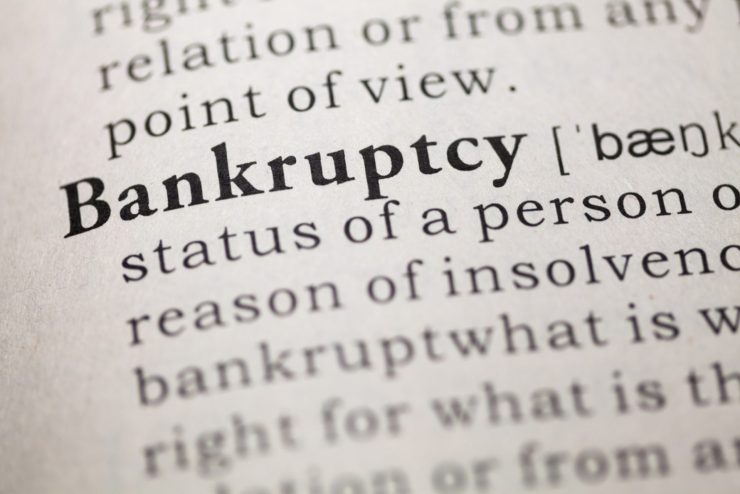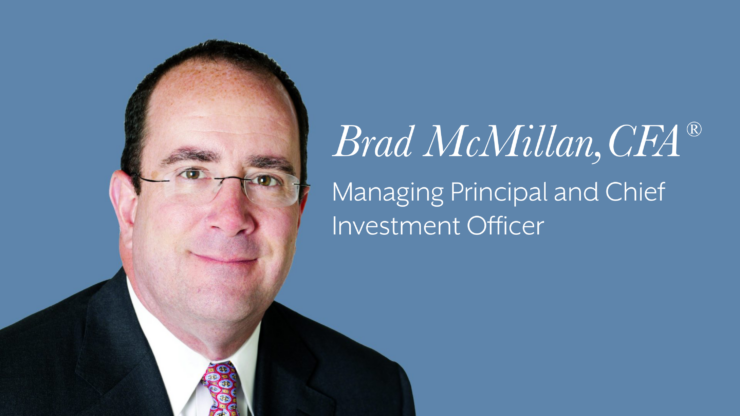What We Can Learn From the World’s Largest Bankruptcies?
April 29, 2019
The first decade of the twenty-first century was the backdrop to some of the largest bankruptcies the world has ever seen, affecting banks, insurance companies, utility companies, and retailers. No business is immune to the threat of bankruptcy; even countries, such as Argentina, have defaulted on their debt.
Despite the different industries affected, the issues that led to bankruptcy were often similar.
Excessive leverage
Taking on debt to fund new projects can help a company grow, but if the company can’t generate enough revenue to pay back this debt, it can spell disaster.
Excessive financial leverage was at the heart of most of the largest bankruptcies. For example, Lehman Brothers borrowed money to invest in mortgage-backed securities. When it turned out the assets used as collateral for these securities were of low quality, Lehman Brothers was exposed to massive losses.
Short-term view
The lure of short-term profits led to companies taking greater levels of risk than is prudent.
Tying executive bonuses to profit may lead to risky investment decisions and even fraud. Enron paid its executives huge bonuses as a reward for hitting stock-price targets. It was later discovered that some executives were using questionable accounting techniques to inflate the company’s profits.
Growth at all costs
Many companies prioritized growth and market share over profits and the quality of their assets.
When the main objective is growth, internal controls can become compromised. Banks like Washington Mutual incentivized their employees by compensating them based on the volume and speed with which they approved loans rather than the quality, despite the fact that their main responsibility should have been to ensure that borrowers could pay back the loans.
Important lessons we can learn
There are, of course, major differences in the size and complexity of a large corporation’s financial position compared to your own personal finances. Nonetheless, the lessons learned from some of the world’s largest bankruptcies can be applied to your own finances.
Monitor liquidity
The final nail in the coffin for Washington Mutual was a run on the bank in September 2008 when nine percent of its deposits were withdrawn, leaving the bank with insufficient funds to conduct their day-to-day business.
Like businesses, individuals need to ensure their assets are liquid enough to meet unexpected expenses. However, according to the American Payroll Association, in 2018 over 70 percent of American workers they surveyed were living paycheck to paycheck and would have found themselves in financial difficulty if their paychecks were delayed a week. Devising a back-up plan to sell assets, if required, or having access to a line of credit may prove useful in an emergency.
Take a long-term view
While it’s tempting to choose investments that will lead to immediate gains, it’s best to avoid focusing only on short-term profits when investing. Circumstances change quickly and your returns will fluctuate. Working with a financial advisor to develop a well-diversified portfolio will balance risk and return to help meet your financial goals while protecting against downturns.
Stay up to date with skills and trends
Complacency can be the kiss of death for a business. Borders bookstores didn’t stay up to date with trends in their industry. They outsourced their online sales to Amazon and were late to the game releasing their version of the e-reader. It’s no surprise that Amazon grew quickly, while Borders declared bankruptcy.
Don’t assume because your income is good currently that this will always be the case. An economic downturn or failing to keep your skills updated may cause loss of income. It’s important to plan your savings and investments early to protect against this potential change in circumstances.
Don’t invest in what you don’t understand
In the wise words of Berkshire Hathaway CEO Warren Buffett, “Never invest in a business you cannot understand.” Although this philosophy backfired for Buffett when he declined to invest in Google because he didn’t understand how it would make money, it’s still sound advice.
It’s important to do due diligence before committing to any investment. A financial advisor can help you review potential investments to find one that matches your risk tolerance and goals.
Let the Certified Financial Planner® professionals at Williams Asset Management help with your wealth management needs. Whether you need comprehensive and holistic financial planning or investment management, we can help! We are fee-based, independent financial advisors located in Columbia, the heart of Howard County, Maryland. Schedule your complimentary consultation today by calling (410) 740-0220!
Share on social media:


